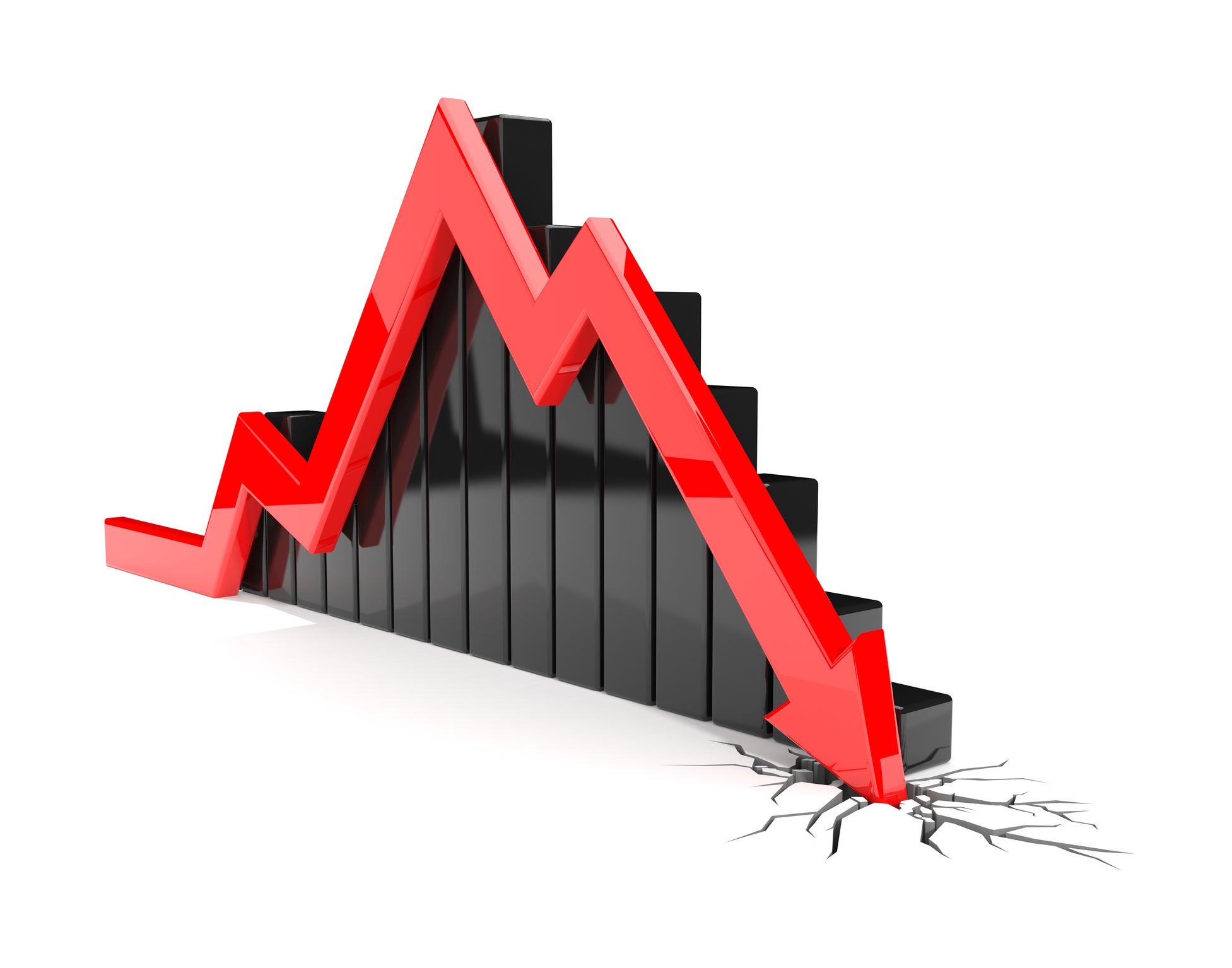
05 Nov Looking for Ways to Short the Real Estate Market?
The residential real estate market, and some aspects of the commercial market, have seen incredible price appreciation in the past couple of years. The S&P Core Logic Case-Shiller U.S. National published on October 26, 2021 shows a year over year residential price increase of 19.84 percent. The 10-year annualized price increase is 6.60 percent. Historically, home prices appreciate 3 to 4 percent per year over the long run. You don’t have to be an economist to see that home values have gone up way past what was normal. What goes up must come d…well…maybe.
After the housing bubble burst in late 2006 and bottomed out in most markets in 2011, it’s safe to say that we’ve had a phenomenal bull run. How much more can it continue? Well, a Goldman Sachs report from October 2021 projects that residential home prices will increase another 16 percent by the end of 2022. Other information indicates that the U.S. is short almost 5.3 million homes. That is based upon U.S. Census data which shows that over the past 10 years, 12.3 million new households were created. However, only 7 million new homes were built during that period. The dramatic increase in people choosing to work from home has increased demand for suburban and rural housing. The huge Millennial generation is entering their prime earning years, and many want to purchase their next home.
Savvy investors recognize that there are four market cycles, and they prepare for the next shift in the market. We went over the four market cycles in this article: https://investandtransform.com/real-estate-market-cycles/. The typical real estate cycle from peak to trough is about 5 to 7 years. The U.S. came out of the trough 12 years ago, so the market is due for a rebalancing.
When you determine what cycle your local and national market is in, then it’s wise to gear up to take advantage or hedge against the next one. I would say that nationally, we are in the leading edge of the peak, which implies more upside in demand and housing prices before we reach a balanced market. Home prices are still increasing, albeit at a decreasing rate. Inflation appears to be less transitory than anticipated.
Inventory, which was at historical lows, is increasing slowly. There are fewer multiple offer scenarios. A number of buyers for homes under $250,000 have put their homebuying activity on hold, reducing demand a little. The Federal Reserve is poised to raise rates beginning around July 2022, if not sooner. The rates on the 10 year Treasury bond are increasing. Therefore, mortgage rates are increasing and that will work to cool off housing prices.
So, if we are in a peak market, then a declining market will follow eventually. If housing prices and demand are going down, how could you short the market? Is there a way to hedge your portfolio?
First off, perhaps the best way to hedge against inflation is to be a landlord. Quite simply, you can raise rental rates to keep up with inflation. If you obtain financing, your mortgage loan will typically be at a fixed rate. So your mortgage payment will be the same yet you can increase your monthly rent year after year. Renting out residential properties with 1 to 4 units is a basic path to wealth, as financing options for those types of properties are available and lucrative for many people. For more on hedging against inflation, read this: https://investandtransform.com/want-a-hedge-against-inflation-be-a-landlord-right-now/.
Now, let’s talk about a real estate market pullback or even a crash. How do you short the market? I was a full-time real estate investor and newly minted real estate broker in the collapse of the residential and commercial real estate market a mere 15 or so years ago. I remember it clearly, and I swore in my time of struggle that I would learn from it and apply that knowledge.
If you read The Big Short: The Doomsday Machine by Michael Lewis, or if you’ve seen the movie The Big Short, you observed how some forward-thinking Wall Street pros purchased sophisticated instruments to hedge against the crash that they saw coming. What can you do if you don’t have that kind of capital and those kinds of tools?
Can you short the housing market by selling your own house for a profit, renting a residence, and then buying a home at a lower price in the future? Technically, yes. I do not recommend this course of action. No one really knows exactly when a market shift will occur. There are innumerable advantages to owning your home. Interest rates will likely be (much) higher in the future, so even if you bought a home for less, your monthly interest payment would be higher. You don’t know how much housing values will correct. If you’re waiting for a 5 percent pullback in housing prices yet the values increase 15 percent before the pullback happens, then you would have missed out on those gains. Plus you would have made your landlord rich.
When talking about shorting real estate, I am not referring to a short sale of a property. I’ve written blogs and books about short sales. You could make some money if you buy a short sale house. Read this for a quick overview of a short sale: https://investandtransform.com/the-difference-between-short-sales-pre-foreclosures-and-foreclosures/
To short the housing market, we need to talk about shorting a stock. You would borrow shares from someone, like a brokerage, with a promise to return the shares by a future date. For example, let’s say XYZ Company’s shares are trading at $100 per share. You believe the price will go down in the future. You borrow 100 shares ($10,000 worth). You sell those shares, creating $10,000. A week later, XYZ reports disappointing earnings and the price falls to $70 per share. You buy the shares back for $7,000 total. You return the 100 shares to the brokerage. You essentially created $3,000 ($10,000 – $7,000). You do have to pay interest to the brokerage too. If you were wrong and the share price goes up, you have to buy back the shares at a higher price and incur a loss.
If you believe real estate values and/or the number of units sold will decline in the near future, here are some strategies:
- Short REITs (Real Estate Investment Trusts).
- Short real estate ETFs (Exchange Traded Funds that are made of REITs or other real estate stocks).
- Go long on Inverse real estate ETFs.
- Short individual stocks in the real estate industry.
- Ensure that you have the cash and credit available to buy rental real estate.
There are all sorts of REITs out there. Some own hospitals, others own apartment buildings, some own hotels, and others have industrial properties. If you believe the residential market will go down, research the REITs with residential holdings and find a broker that will lend shares.
A real estate ETF is a basket of REITs or other real estate stocks. An ETF is much more broad than an individual REIT.
An inverse ETF is a fund that is designed to short the real estate market. With an inverse ETF, you would buy and hold it. These are generally smaller funds and likely incur even greater volatility.
You could short the stock of individual companies. A company like Zillow Group makes money by selling leads to real estate agents. If the housing market declines, there will ultimately be fewer agents and the remaining agents may be less inclined to spend money. Analysis of real estate brokerages indicates that 92 percent of profitability is tied to agent count. Publicly traded real estate brokerages may see their profits go down as the number of agents, the number of transactions, and the average sale price of transactions (as commissions are based on sale price) all decline. Other publicly traded firms that service the real estate industry may also see declines.
Stocks to consider shorting if you are convinced that the real estate market will decline include:
Z – Zillow Group
EXPI – eXp World Holdings Inc.
RMAX – RE/MAX Holdings Inc.
RLGY – Realogy Holdings Corp
MTTR – Matterport
CBRE – Coldwell Banker Richard Ellis
Disclaimer: Consult your advisors before making an investment decision. I am not a financial advisor, nor am I an attorney or accountant. I am merely giving you ideas so you can start your research and make your own decisions. Shorting stocks, REITs, and ETFs, or investing in inverse ETFs, are all risky endeavors.
If you believe that housing prices will decline in the near future, it makes sense on a long term basis to own rental real estate. A landlord with a long term time horizon should not care much if housing prices fluctuate, as he or she can collect monthly cash flow and enjoy tax advantages like depreciation. In the long run, housing prices increase (even at a seemingly paltry 3 to 4 percent per year). All of that adds up. It makes sense to save up money and ensure that your credit is conducive to helping you qualify for mortgage loans. My wife Amira and I are buying as many rental properties as we can, and then we are recycling that cash flow into more real estate assets.
Tai DeSa is a graduate of The Wharton School of the University of Pennsylvania. He became a full-time real estate investor in 2004 after serving in the U.S. Navy. Tai has made colossal mistakes in investing (and learned some things along the way). He has helped hundreds of homeowners avoid foreclosure through successful short sales. Check out Tai’s books on Amazon.com. Tai may be available for coaching and speaking engagements on a variety of real estate topics. Send an email to tai@investandtransform.com.






No Comments